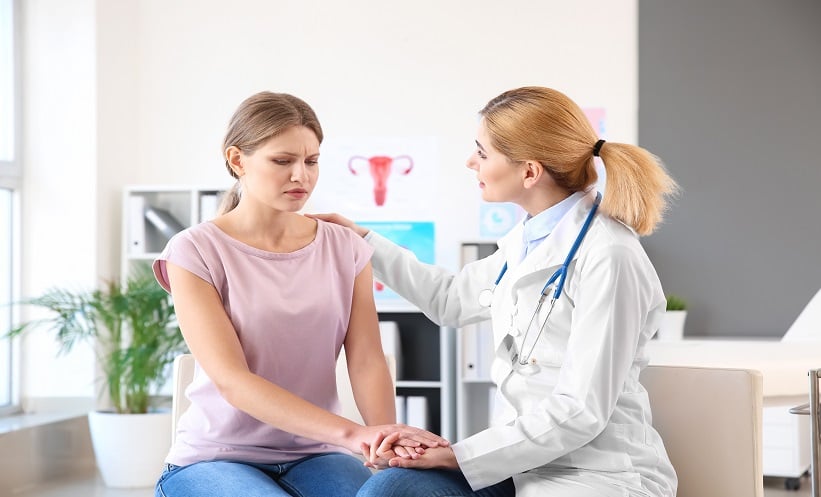FEMALES who experience infertility but do not use fertility treatment may be at an increased risk for developing systemic autoimmune rheumatic disease (SARD) after childbirth, according to a new population-based cohort study. The research, conducted across Ontario, Canada, followed 568,053 births from 2012 to 2021, including 465,078 females aged 18–50 years who had no pre-existing SARD.
The study compared those with infertility (both with and without fertility treatment) to those who conceived naturally. Findings showed that individuals who experienced infertility without treatment had a higher incidence of SARD up to 9 years after delivery. Specifically, the incidence rate was 12.5 per 10,000 person-years for this group, compared to 9.3 per 10,000 person-years in those without infertility. After adjusting for factors like preeclampsia and preterm birth, the association between infertility without treatment and SARD remained significant.
Females who underwent non-invasive or invasive fertility treatments, including ovulation induction, intrauterine insemination, or IVF, did not show a higher incidence of SARD compared to the reference group.
The findings highlight infertility without fertility treatment as a potential risk marker for autoimmune diseases in reproductive-aged females. This underscores the importance of healthcare providers being vigilant about SARD symptoms in this population, potentially improving early detection and management of these conditions.
Reference: Scime NV et al. Association between infertility and incident onset of systemic autoimmune rheumatic disease after childbirth: a population-based cohort study. Hum Reprod. 2024;deae253.
Anaya Malik | AMJ








